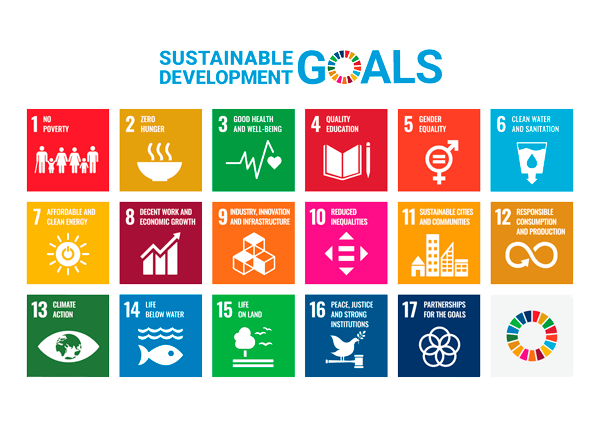Before you make up your mind, do you want to know what the benefits are and whether this is the career for you?
Here are just a few of the benefits of a professional commitment to social and environmental causes.
Unlike travelers, who have few opportunities to discover a culture during a stay abroad, international volunteers actively participate in a project. If a holidaymaker visits a nature reserve in South Africa, Costa Rica or another nature destination, he or she will certainly not have the same experience as a volunteer working there. The volunteer also benefits from a deeper experience, having access to the behind-the-scenes guidance of a team of local experts.
Working on a sustainable development project is the best way to immerse yourself in a new culture. Why is this? The duration of this type of project is often long, a few months or even longer. That's enough time to get a feel for the local culture, especially if the assignment is in a social field.
Taking part in a humanitarian project is a good way to build up your CV. On the one hand, it allows you to familiarize yourself with new practices and skills, especially if the project you're helping with is not in your sector. On the other hand, it's ideal for developing your language skills, as you'll be required to speak the local language in all everyday situations. And it's a well-known fact that to master a foreign language, you have to practice it!
Unlike a simple tourist trip, a sustainable development mission involves spending a lot of time with the locals. Indeed, it's a great opportunity to discover different cultures and enjoy unique experiences: discovering local customs, learning local jargon, sharing meals, etc.
According to feedback from many international volunteers, working in an international NGO is an effective method of personal development, and a step not to be missed if you want to grow as a person. Working in a foreign country makes you aware of the challenges facing the world. This awareness brings with it a great deal of personal change. You become more conscientious, more courageous, more adventurous and even more independent.
Taking part in a humanitarian project is a golden opportunity to make real friends. As well as forging strong links with local communities through day-to-day work, you'll make real friends with the people involved in the project. We share unique moments, go through difficulties and explore new things.
The terms NGO (Non-Governmental Organization) and NPO (Non-Profit Organization) are often used interchangeably, but they do have distinct meanings, depending on the context.
An NGO is an organization that operates independently from any government. It is typically non-profit formed to address social, political, environmental, or humanitarian issues at a national or international level.
NGOs rely on a variety of funding sources, from private donations to government grants.
An NPO is an organization that operates for purposes other than making a profit (also known as non business entity, the organization has no "owners").
The primary goal of an NPO is to serve the public good, such as in education, charity, research, or culture.
Local NGOs serve a particular region, country, section of a country and are housed in the region where they operate.
Large groups with offices around the world. Examples include Human Rights Watch, Oxfam, Amnesty International and the Red Cross.

The range of work within NGOs is broad, as well as issues NGOs work on. For instance, you can focus on:
RealStep has been collaborating with numerous NGOs for 10 years.
Ofen quoted disadvantages of working in an NGO are lower salaries, and high workloads.
Did you like this article ?
Share it on social media!
In this article :
Similar items
Our latest articles


